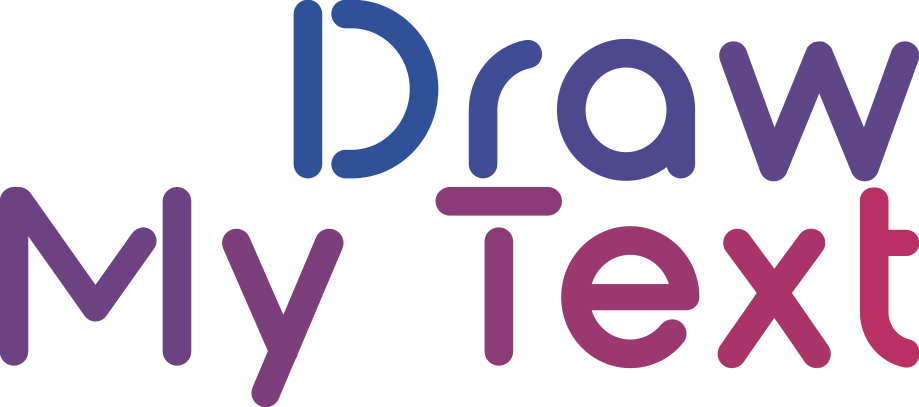
Generative AI: The Game Changer in Digital Art Creation
January 29, 2024
Advanced Techniques in Generative Adversarial Network Training
January 30, 2024Hello there! 😊 If you’ve ever wondered how generative AI might affect your data privacy, you’re in the right place. Let’s dive into this fascinating topic together!
Generative AI has become a buzzword these days, finding applications in everything from art to medicine. However, with this technological innovation comes a crucial conversation about data privacy. How much of your data is safe, and what implications do these advancements hold for your personal information? In this article, I’ll take you through the ins and outs of the data privacy in generative AI landscape, discussing how it impacts you and what you can do to keep your information secure. Let’s get started!
Generative artificial intelligence focuses on creating content—be it text, images, or even music—that is often indistinguishable from human-generated work. And while it’s a testament to our ingenuity and technological capacity, it doesn’t come without its concerns, primarily surrounding the privacy and security of user data [1]. So let’s unpack some of these concerns, look at the latest developments, and explore the balance between innovation and individuals’ rights to privacy.
Understanding Generative AI
Generative AI uses algorithms like deep learning neural networks to generate new data that mimic real-world data. Notable models such as GPT-3, developed by OpenAI, have demonstrated capabilities to write essays, compose music, and even generate computer code. These models are trained on massive datasets sourced from the internet, which may include your public information [2].
The question of data privacy in generative AI arises when we consider how these algorithms are trained. The datasets used to train such systems can contain sensitive personal information, unknowingly included from scraped websites and databases. This creates a risk that generative AI could inadvertently expose, or worse, misuse someone’s personal data. Therefore, privacy considerations are not only ethical but crucial for maintaining public trust in AI applications.
As we move forward, understanding the core technology and its implications on privacy is key. When innovators create AI systems capable of learning and adapting, they must also ensure the appropriate safeguards are in place to protect the individuals behind the data [3].
Your Data on the Line: Generative AI and the Privacy Debate Continues
The debate surrounding your data and generative AI is multifaceted. On the one hand, these technologies offer incredible opportunities for personalization, efficiency, and creativity. On the other hand, the amount of data required to train these models raises legitimate privacy concerns. Policymakers, tech companies, and privacy advocates are all engaged in a complex dance to address these issues, with regulations like GDPR in the EU and CCPA in California leading the charge [4].
What’s clear is that the conversation about data privacy in generative AI isn’t black and white. It involves nuanced discussions about the value of data, the rights of individuals, and the social contract between consumers and tech companies. Transparency about data usage, options for users to opt-out, and the anonymization of sensitive information are among the solutions proposed to mitigate the risks to data privacy.
A responsible approach to generative AI involves not only respecting privacy laws but also exceeding them. Companies need to commit to ethical practices, ensuring that data isn’t misused and that the results of AI do not infringe upon personal privacy. This balance is delicate and requires constant attention and adjustment [5].
Data Privacy in Generative AI: Protecting Your Information
So, what can you do to protect your data in the age of generative AI? Here are three actionable steps:
- Stay Informed: It’s vital to understand where and how your data is being used. Read privacy policies, and stay updated on the latest developments in data privacy and AI regulations.
- Exercise Your Rights: Utilize tools provided by tech companies to manage your privacy settings. Request data deletion where possible, and explore the option to opt-out of data sharing.
- Support Ethical Practices: Encourage transparency and responsibility by supporting companies that prioritize ethical AI and data privacy standards.
While these steps can help, no measure is foolproof. The onus is also on companies building AI to prioritize privacy in their systems by design, providing robust security features that safeguard user data.
If you’re intrigued by the potentials of generative AI, particularly in text-to-image generation, you might be interested in checking out our own platform, DrawMyText. We provide a premium service that respects your data privacy and offers competitive pricing with exceptional features. See what magic you can create while knowing your data is safe with us!
Frequently Asked Questions (FAQs)
What is generative AI?
Generative AI is a branch of artificial intelligence that uses machine learning models to generate new data that resembles existing data, effectively creating original content such as text, images, music, and more.
How does generative AI impact data privacy?
Generative AI can compromise data privacy if it is trained on datasets that include sensitive or personally identifiable information. Privacy concerns arise when this data is used without consent or when models generate outputs that inadvertently reveal personal information.
What regulations exist to protect data privacy in AI?
Some of the most comprehensive regulations include the General Data Protection Regulation (GDPR) in the EU and the California Consumer Privacy Act (CCPA). These laws provide guidelines on data collection, storage, and use, ensuring consumer rights are protected.
How can I protect my data in the context of generative AI?
To protect your data, stay informed about how it’s used, manage privacy settings, request data deletion when necessary, and support businesses that practice ethical AI and data handling.
Where can I find a generative AI service that respects my data privacy?
You can explore services like DrawMyText, which offers text-to-image generation while prioritizing user data privacy. Check out our pricing and features to learn more.
Keywords and related intents:
Keywords:
1. Generative AI
2. Data Privacy
3. AI ethical practices
4. Machine learning algorithms
5. GDPR
6. CCPA
7. Personal information security
8. AI innovation and privacy rights
9. Privacy policies
10. Data handling and AI regulations
Search Intent:
1. Explore general information on generative AI and data privacy concerns.
2. Understand how generative AI algorithms, like GPT-3, gather and use information.
3. Investigate the risks of personal data exposure through generative AI.
4. Learn about legal frameworks (GDPR, CCPA) governing AI and privacy.
5. Search for ethical discussions related to AI, privacy, and user data security.
6. Find effective methods for individuals to protect their personal data from generative AI.
7. Look for companies committed to ethical AI development and data privacy standards.
8. Seek advice on adjusting privacy settings to safeguard against generative AI data risks.
9. Research the implications of data privacy in the context of creative AI services.
10. Identify trustworthy generative AI platforms emphasizing user data protection.
#data privacy in generative ai
#Data #Line #Generative #Privacy #Debate


